Cannabis cultivators have been privy to the benefits of indoor and greenhouse agriculture tech for decades, controlling their growing environments through lighting, temperature, humidity, and other prime conditions. Not only is indoor farming a growing market that could reach a value of $24.8 billion by 2026, according to a new MarketsandMarkets report, it is also very likely the future of agriculture.
In the cannabis industry, even as legalization continues to gain pace around the world, indoor growing continues to be the preferred method for cannabis farmers.
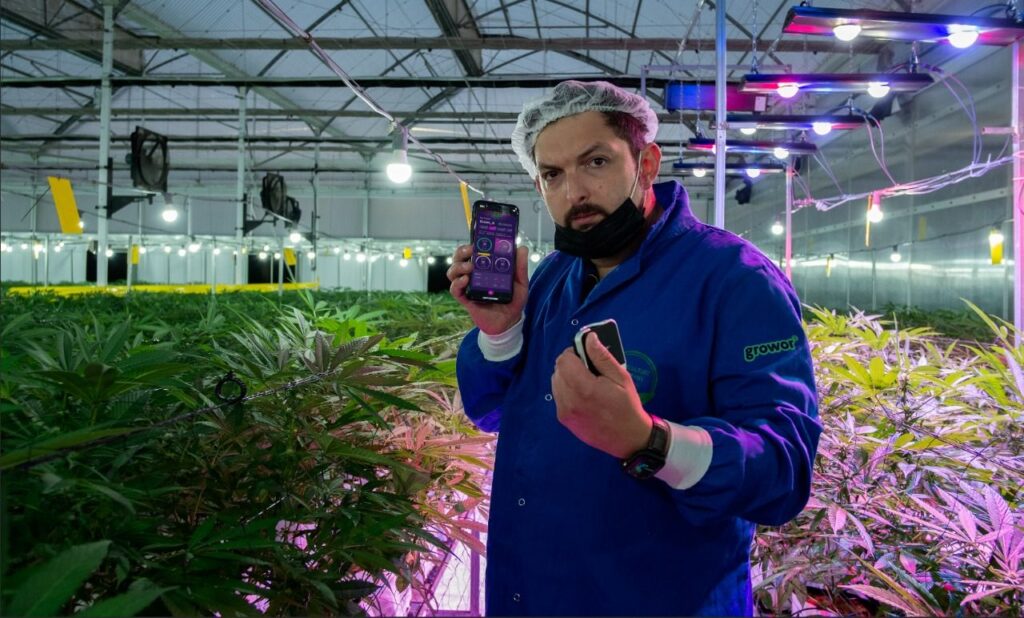
Earlier this year, a partnership between an Israeli agtech firm and a Sacramento-based cannabis company suggested that indoor farming could, in fact, be the very best thing for growing cannabis. Israeli startup Growor, a startup that develops high-tech growing solutions for indoor cultivation, teamed up with Kolas Energy, a division of cannabis firm Kolas, to develop sustainable and efficient means to cultivate cannabis, hemp, and other plants.
Founded in 2018 by serial entrepreneur Daniel Levin, who brought in photosynthesis expert Michael Naich, PhD, as CTO and chief scientist, Growor first developed lighting solutions based on light spectrum absorption and the development of unique light wave protocols for every phase of a plant’s growth.

The company also provides other solutions for indoor and greenhouse farming with tech that allows for the manipulation of the entire growing process, leading to increased production yield, enhanced fruit quality, improved health, and repeatability with every cycle.
Levin calls it the “revolution of a new kind of agritech.”
“People are starting to realize that all the old traditional approach to agritech is good, but it becomes too dependent on nature, which cannot be controlled and should not be controlled. They’re looking for solutions. So we are actually the solution,” Levin tells NoCamels.
SEE ALSO: Israeli Grocery Chain To Offer Fresh Produce Grown On-Site
Growor shifted to cannabis out of a desire for a clear agricultural focus. “We concentrated on cannabis because it was the best-paying, fastest-growing, and best margin industry,” Levin explains.
“It was a simple consideration,” he adds. Growor has “the knowledge, the hardware, the software, we have everything we needed.” Then the founders sat down and studied the market and “we saw that the margins in the cannabis business are much higher than those in flowers,” he adds.
Growor is also working with a number of cannabis companies. Clients include Weecann, a California company growing cannabis to help military veterans, first responders, and others; Cannassure, an Israeli medical cannabis growing company currently traded on the Tel Aviv Stock Exchange (TASE); Harmony, a New Jersey cultivation company that operates dispensaries in the state; and Cannamedic, an Israeli medical cannabis cultivation company.

Meanwhile, Kolas tapped Growor for its mission to turn the company’s current agriculture into indoor agriculture in a way that would save on energy and cost, Levin explains. The California company’s main priorities were to fulfill the genetic potential of their growing plants and ensure homogeneity and repeatability of cannabinoids during each cycle. The companies joined together for a six-month pilot where they combined the use of their technologies to make this happen.
According to a joint statement, the parties harnessed state-of-the-art co-generation microturbines (combustion turbines that produce both heat and electricity on a small scale) and integrated solar PV arrays to implement the joint flagship project in Sacramento.
“They were using their technology — green energy technologies such as solar panels and geothermal systems — and we were applying our technology of growing, our LED lighting system,” Levin explains.
Sign up for our free weekly newsletter
Subscribe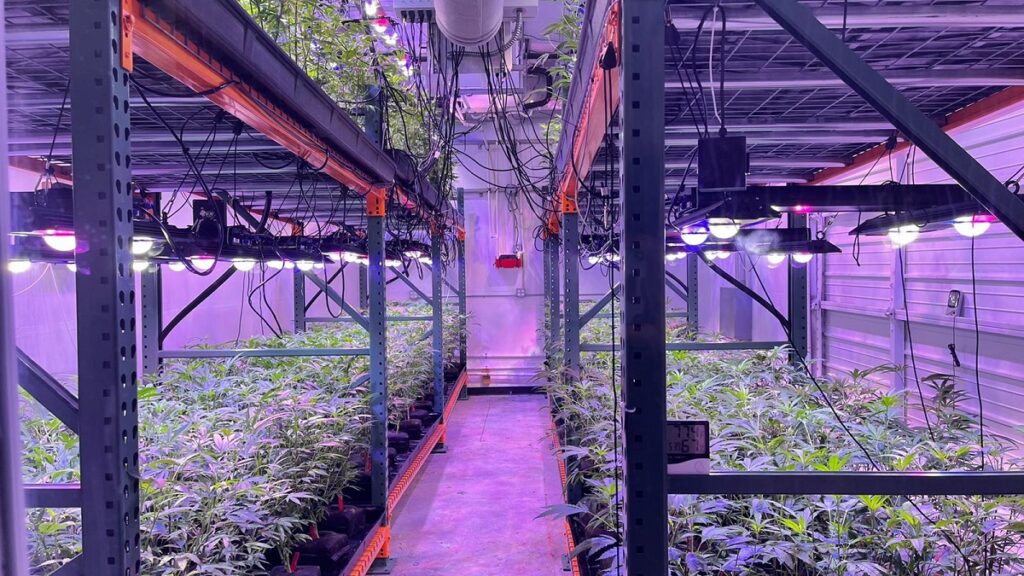
Growor’s LED lighting solution, the GR500, is a proprietary technology that regulates wavelength and radiation intensity conducive to the optimal plant’s development. Levin compares it to radiation technology used to pinpoint cancer cells. The GR500’s automated schedule preset dynamic light recipes that were practical as it saved time on monitoring the process manually, the company said.
“We’re giving the plant exactly what it needs,” Levin tells NoCamels.
Growor’s monitoring system oversaw and controlled the plants’ temperature, humidity, pressure, and CO2 levels. The Tel Aviv-based company also provided other solutions including sensors, AI software, and a mobile app to manage cultivation remotely.
Following the dynamic light recipes and growing protocols, the experiment showed a significant increase in the yield’s quality, enhancing the growing cycle operation and significant reducing energy consumption, Kolas said in a testimonial.
Homogeneity of the cannabinoids was found at the middle and lower levels and was significantly higher than a previous experiment using a different growing technology.
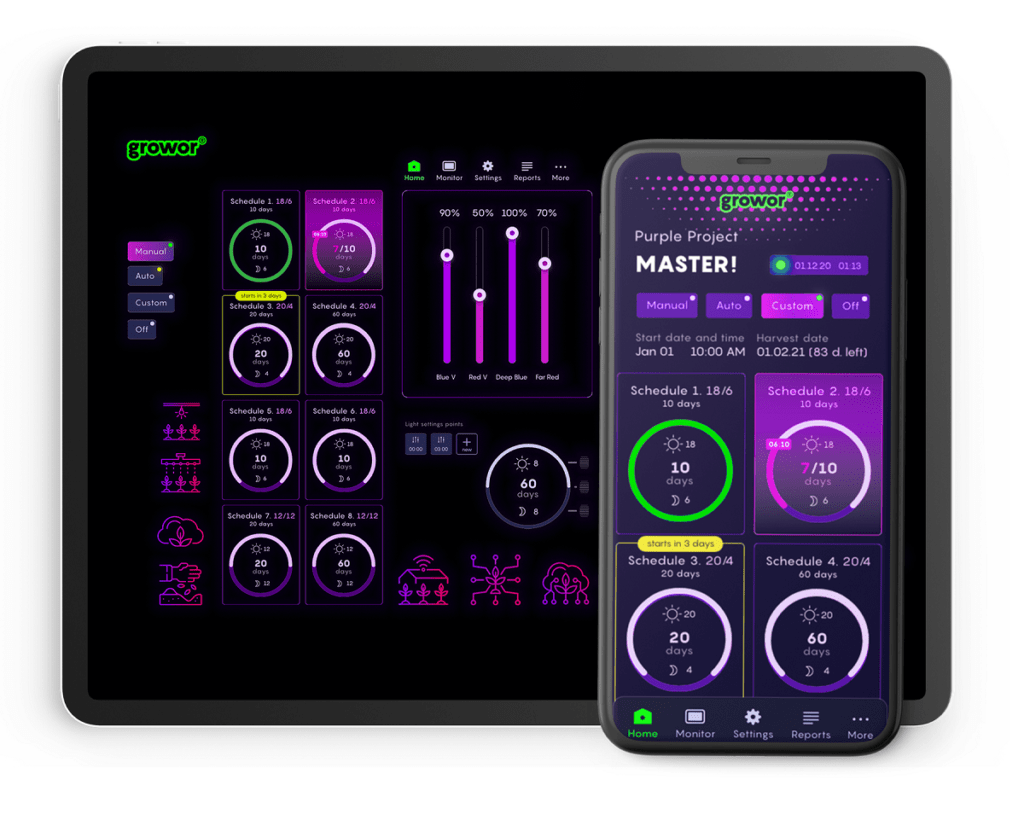
There was a reduction in the length of the growing cycle, decreasing from 12 to 14 weeks to 9 to 10 weeks. Kolas also reported 70 percent in energy savings and less water and nourishment costs due to the high efficiency of the lamps.
Growor systems that were integrated correctly into Kolas’ growing facility generated an increment yield of 185 percent combining a shorter growth cycle and higher produce grams per plant. THC contents were stable at 25 percent.
“Growor has met our needs perfectly,” Kolas said. “Following our latest pilot project – incorporating Growor’s technology (both software and hardware) and patented growing protocols, achieving high results alongside getting acquainted with the dedicated team of experts – we became confident in our partners and friends.”
“We became partners in their project and now, they are trying to promote our product in the United States because they saw the results. They were happy and amazed, and they’re just helping us with the promotion because they believe in what we do and they saw it,” Levin explains.
He tells NoCamels all of the facilities that are expected to be built by Kolas will have Growor technology because “they realized that indoor farming can actually be energy-saving.”
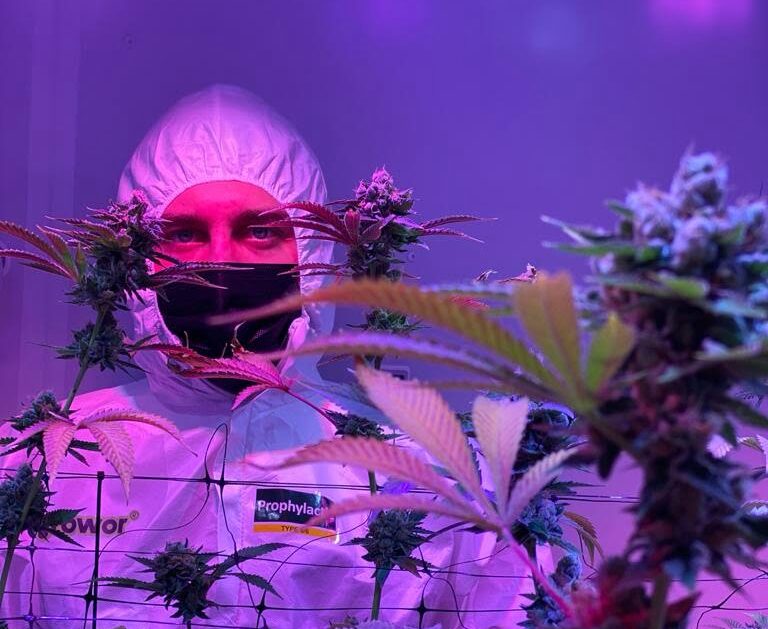
“We were the company that actually gave them better results for the growing, and we were much cheaper in energy consumption during the whole process. That’s what they were looking for,” Levin says.
“As one of the nation’s fastest-growing industries, it’s important that we develop an innovative and sustainable means of cultivation,” states Garib “Justin” Karapetyan, CEO of Kolas in a statement. “We wish to develop a universal standard and a net zero energy state. Who better to learn from than Israel?”
Related posts

Editors’ & Readers’ Choice: 10 Favorite NoCamels Articles

Forward Facing: What Does The Future Hold For Israeli High-Tech?

Impact Innovation: Israeli Startups That Could Shape Our Future


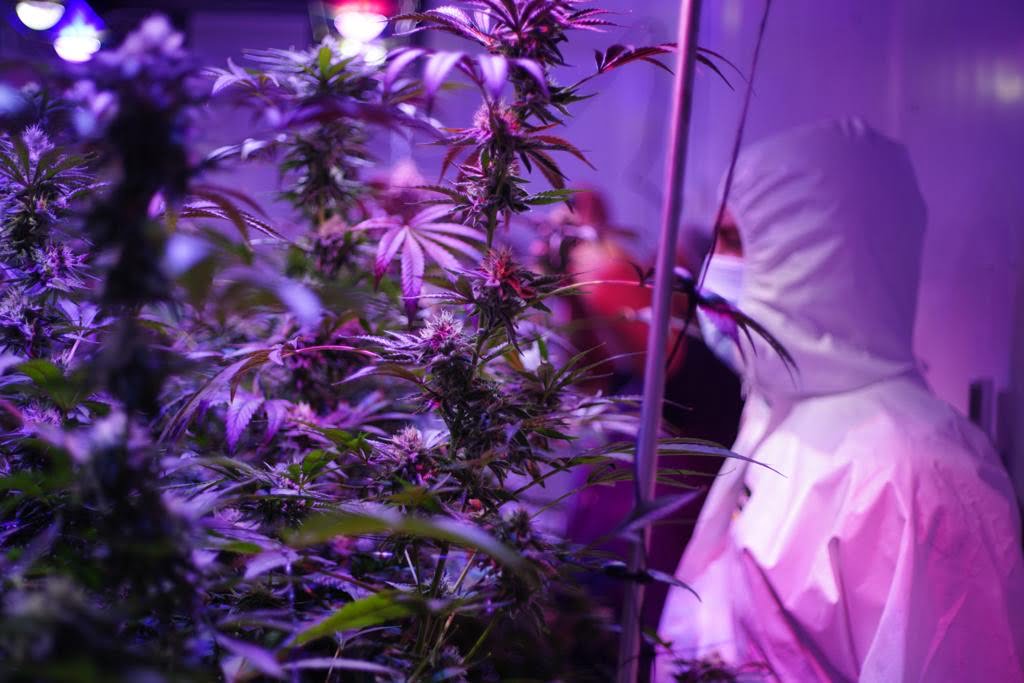

Facebook comments